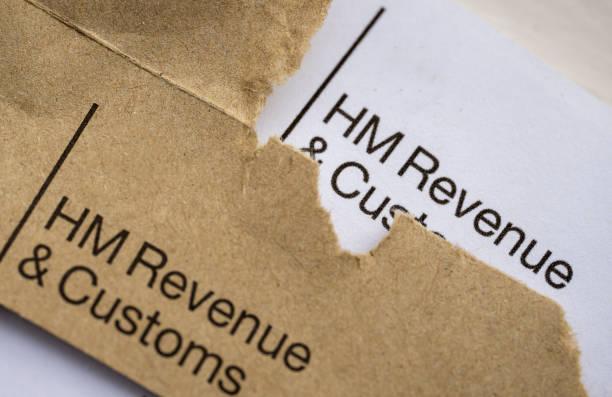Her Majesty’s Revenue and Customs (HMRC) plays a pivotal role in ensuring tax compliance in the United Kingdom. When individuals or businesses find themselves under scrutiny, whether due to suspected tax evasion, irregularities, or discrepancies, they may become subjects of HMRC litigation and investigation. In this article, we will delve into the intricacies of HMRC investigations and the litigation process, shedding light on what individuals and businesses need to know when navigating these often complex legal procedures.
HMRC Investigation Overview:
HMRC investigations can be triggered by various factors, including anomalies in tax returns, tips from informants, or as part of routine compliance checks. The purpose of these investigations is to assess the accuracy and completeness of tax declarations and, if necessary, to ensure that any discrepancies are addressed through legal means.
Key Types of HMRC Investigations:
-
Compliance Checks: Routine compliance checks are conducted by HMRC to verify that individuals and businesses are meeting their tax obligations. These checks may involve a review of tax returns, financial records, and other relevant documents.
-
Criminal Investigations: In cases where HMRC suspects deliberate tax evasion or fraud, a criminal investigation may be initiated. This can lead to legal proceedings, and individuals found guilty may face fines or imprisonment.
-
Civil Investigations: Civil investigations are non-criminal in nature and focus on resolving tax discrepancies through civil procedures. This may involve negotiations, settlements, or, if necessary, the imposition of financial penalties.
-
Code of Practice 9 (COP9) Investigations: COP9 investigations are more serious and are reserved for cases where HMRC suspects serious tax fraud. Individuals under COP9 investigations are given an opportunity to disclose any irregularities in their tax affairs in exchange for more lenient penalties.
HMRC Litigation Process:
-
Opening of an Investigation: Investigations can be initiated either randomly or in response to specific concerns. HMRC will notify the individual or business under investigation and outline the scope and purpose of the inquiry.
-
Information Gathering: HMRC will gather information relevant to the investigation. This may include requesting documents, interviewing individuals, and collaborating with other agencies if necessary.
-
Communication and Cooperation: Throughout the investigation, clear communication and cooperation with HMRC are essential. Individuals and businesses are usually given an opportunity to respond to allegations and provide explanations for any discrepancies.
-
Resolution: Depending on the nature of the investigation, resolution may involve corrective actions, settlements, or, in severe cases, legal proceedings. The goal is to address any tax issues and ensure compliance with tax laws.
-
Appeals: Individuals or businesses dissatisfied with the outcome of an HMRC investigation have the right to appeal. This involves presenting evidence and arguments to an independent tribunal to contest the HMRC’s findings.
Navigating HMRC Litigation:
-
Professional Advice: Seeking professional advice from Tax Experts or legal professionals is crucial when facing an HMRC investigation. They can provide guidance on responding to inquiries, preparing necessary documentation, and navigating the legal aspects of the process.
-
Transparency and Cooperation: Transparent communication and full cooperation with HMRC demonstrate a willingness to address any issues and can positively impact the outcome of the investigation.
-
Record-Keeping: Maintaining accurate and detailed records is essential for demonstrating compliance during an investigation. Thorough documentation can help clarify any discrepancies and support the individual or business’s position.
Conclusion:
HMRC litigation and investigation can be challenging and stressful experiences, but understanding the process and taking proactive steps can contribute to a smoother resolution. Whether facing routine compliance checks or more serious investigations, individuals and businesses benefit from informed decision-making, professional guidance, and a commitment to transparency. Ultimately, compliance with tax laws and cooperation with HMRC are key elements in successfully navigating the complexities of HMRC litigation and investigation.




